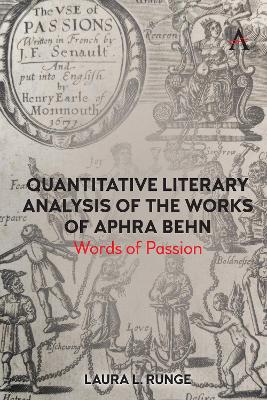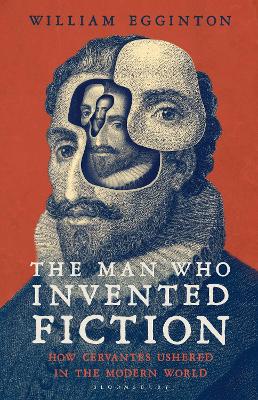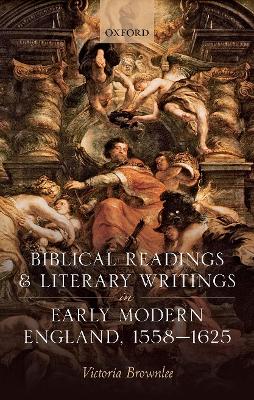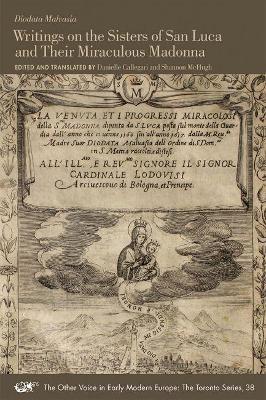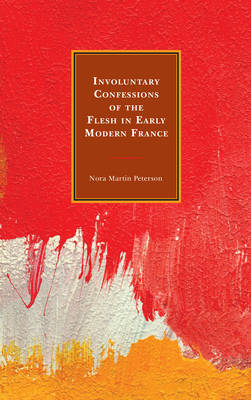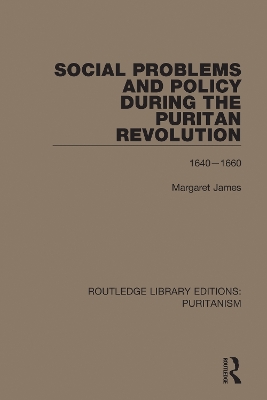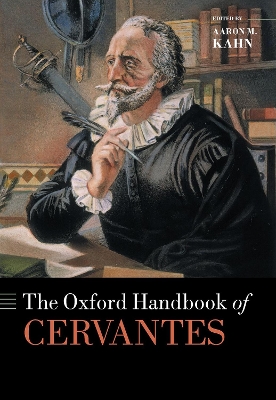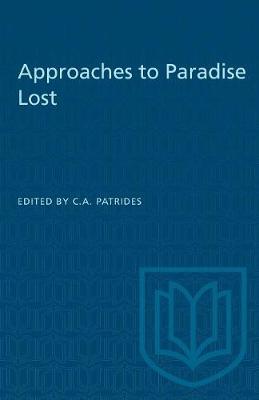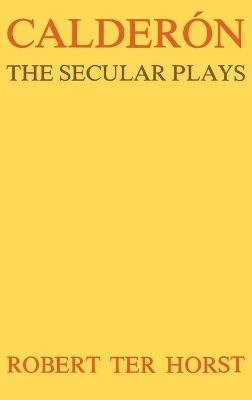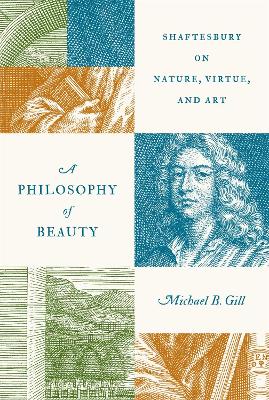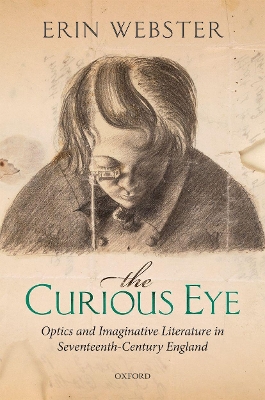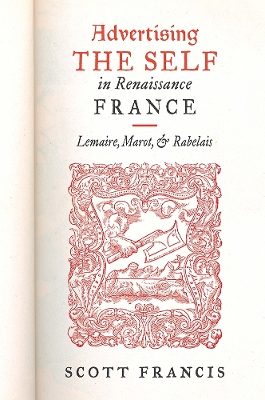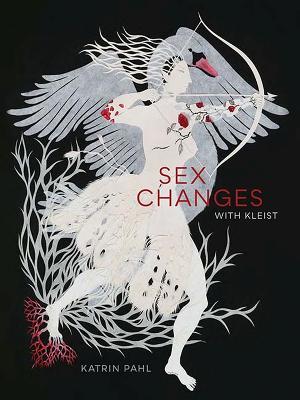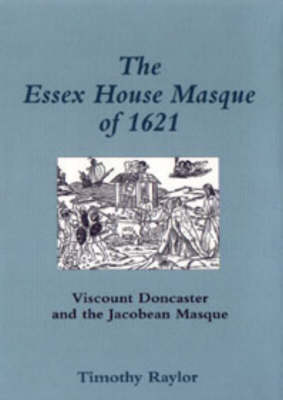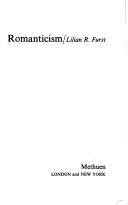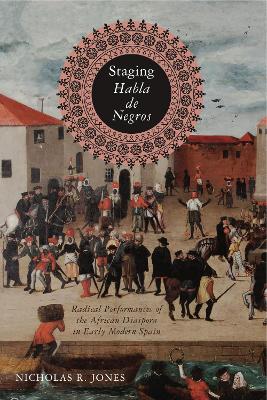Tricksters and Estates (Suny Series, Power, Social Identity)
by J Douglas Canfield and John Douglas Canfield
A glut of oil, dropping prices, the threat of insolvency, a divided membership -- these developments in the early weeks of 1985 underline the cogency of Mohammed Ahrari's historical study of the OPEC oil cartel and his argument that economic forces, not politics, determine OPEC's action in the world arena. The impetus for the formation of OPEC in 1960 was the desire of the oil-producing states for greater income from their most valuable resource. The international oil corporations had secured lu...
'In 1605 a crippled, greying, almost toothless veteran of Spain's wars against the Ottoman Empire published a book. That book, Don Quixote, went on to sell more copies than any other book beside the Bible, making its author, Miguel de Cervantes, the most widely read author in human history. Cervantes did more than just publish a bestseller, though. He invented a way of writing.' In Cervantes' time, 'fiction' was synonymous with a lie. Books were either history, and true, or 'poetry' which might...
Biblical Readings and Literary Writings in Early Modern England, 1558-1625
by Victoria Brownlee
The Bible had a profound impact on early modern culture, and bible-reading shaped the period's drama, poetry, and life-writings, as well as sermons and biblical commentaries. This volume provides an account of the how the Bible was read and applied in early modern England. It maps the connection between these readings and various forms of writing and argues that literary writings bear the hallmarks of the period's dominant exegetical practices, and do interpretative work. Tracing the impact of b...
Writings on the Sisters of San Luca and Their Miraculous Madonna (Medieval & Renais Text Studies, #479)
The Bolognese nun Diodata Malvasia was presumed to have authored only one work, The Arrival and the Miraculous Workings of the Glorious Image of the Virgin (1617). In her recently discovered second manuscript chronicle, A Brief Discourse on What Occurred to the Most Reverend Sisters of the Joined Convents of San Mattia and San Luca (1575), her writing demonstrates active resistance to Tridentine convent reform. Together, Malvasia's works read as the bookends to a lifelong crusade on behalf of he...
Natur in Margaret Cavendishs Utopien Weiblicher Herrschaft
by Rebecca Faber
Involuntary Confessions of the Flesh in Early Modern France (Early Modern Exchange)
by Nora Martin Peterson
Involuntary Confessions of the Flesh in Early Modern France is an interdisciplinary study of moments in which the early modern body loses control of its surface. Rather than read these moments as forerunners to the Freudian slip, it suggests that these moments are vital players in shaping various early modern discourses. This book pairs literary texts with religious, legal, and courtly documents in order to highlight the urgency and messiness of the relationships between body, self, and text.
Social Problems and Policy During the Puritan Revolution
by Margaret James
Originally published in 1930 and reprinted in 1966 this book focusses on the social and economic developments of the Puritan revolution - aspects which are often overlooked in favour of the political. Using archival resources, this study shows that the period 1640-1660 was one of change and experiment in the social as well as political sphere. Particular focus is given to the depression in industry and agriculture and the resultant increase in poverty and unemployment. The extent to which the tr...
Although best known the world over for his masterpiece novel, Don Quixote de la Mancha, published in two parts in 1605 and 1615, the antics of the would-be knight-errant and his simple squire only represent a fraction of the trials and tribulations, both in the literary world and in society at large, of this complex man. Poet, playwright, soldier, slave, satirist, novelist, political commentator, and literary outsider, Cervantes achieved a minor miracle by becoming one of the rarest of things in...
Although Pedro Calderon de la Barca was one of the greatest and most prolific playwrights of Spain's Golden Age, most of his nonallegorical comedias -- 118 in all -- have remained unknown. Robert ter Horst presents here the first full-length study of these works, a sustained, meditative analysis dealing with more than 80 plays, conveying a sense of the whole of Calderon's secular theater. To approach so vast a body of literature, Mr. ter Horst examines the meaning and function in Calderon of th...
These essays discuss approaches to early modern literature in central Europe, focusing on four pivotal areas: connections between humanism and the new scientific thought; the relationship of late sixteenth- and early seventeenth-century literature to ancient and Renaissance European traditions; the social and political context of early modern writing; and the poets' self-consciousness about their work.As a whole, the volume argues that early modern writing in central Europe should not be viewed...
An engaging account of how Shaftesbury revolutionized Western philosophyAt the turn of the eighteenth century, Anthony Ashley Cooper, the third Earl of Shaftesbury (1671–1713), developed the first comprehensive philosophy of beauty to be written in English. It revolutionized Western philosophy. In A Philosophy of Beauty, Michael Gill presents an engaging account of how Shaftesbury’s thought profoundly shaped modern ideas of nature, religion, morality, and art—and why, despite its long neglect, i...
The Curious Eye explores early modern debates over two related questions: what are the limits of human vision, and to what extent can these limits be overcome by technological enhancement? In our everyday lives, we rely on optical technology to provide us with information about visually remote spaces even as we question the efficacy and ethics of such pursuits. But the debates surrounding the subject of technologically mediated vision have their roots in a much older literary tradition in which...
Advertising the Self in Renaissance France (Early Modern Exchange)
by Scott Francis
Advertising the Self in Renaissance France explores how authors and readers are represented in printed editions of three major literary figures: Jean Lemaire de Belges, Clément Marot, and François Rabelais. Print culture is marked by an anxiety of reception that became much more pronounced with increasingly anonymous and unpredictable readerships in the sixteenth century. To allay this anxiety, authors, as well as editors and printers, turned to self-fashioning in order to sell not only their bo...
Sex Changes with Kleist analyzes how the dramatist and poet Heinrich von Kleist (1777-1811) responded to a change in the conception of sex and gender that occurred between 1790 and 1810. Specifically, Katrin Pahl shows that Kleist resisted the shift from a one-sex to the two-sex and complementary gender system that is still prevalent today. With creative close readings engaging all eight of his plays, Pahl probes Kleist's appreciation for incoherence, his experimentation with alternative symboli...
Romanticism (The Critical Idiom Reissued, #2) (Critical Idiom S., #2)
by Lilian R. Furst
First published in 1969, this work traces the evolution of Romanticism and in doing so, demonstrates its novelty as an imaginative and emotional perception of the world in contrast to the rationalistic approach which was dominant in the seventeenth century. It identifies the fundamental similarities between Romantic writing in England, France and Germany as well as their differences brought about by divergent literary and social backgrounds. The book is concluded by a review of the problems that...
Staging Habla de Negros (Iberian Encounter and Exchange, 475-1755, #3)
by Nicholas R. Jones
In this volume, Nicholas R. Jones analyzes white appropriations of black African voices in Spanish theater from the 1500s through the 1700s, when the performance of Africanized Castilian, commonly referred to as habla de negros (black speech), was in vogue. Focusing on Spanish Golden Age theater and performative poetry from authors such as Calderon de la Barca, Lope de Rueda, and Rodrigo de Reinosa, Jones makes a strong case for revising the belief, long held by literary critics and linguists,...
